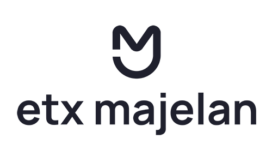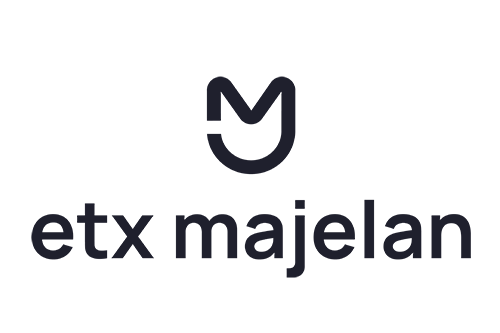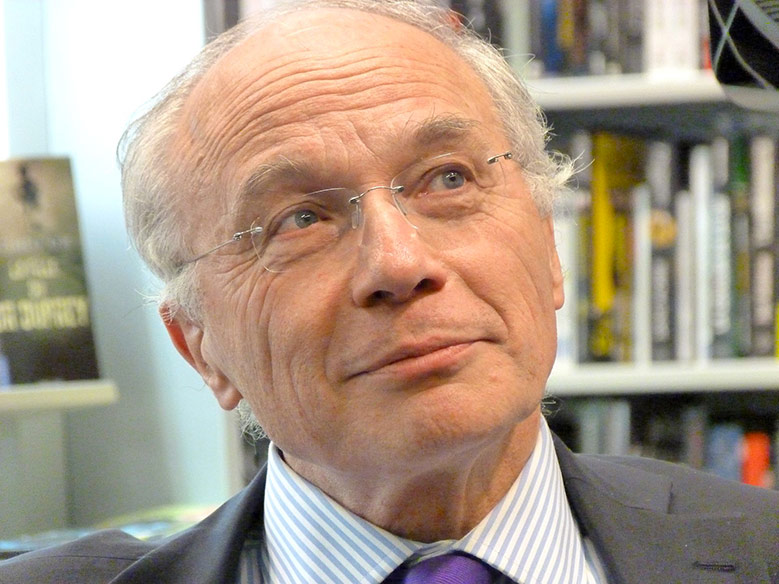Your Editorializer view : VW’s Dieselgate, Alternative facts, and the alleged post-truth era…the news, both political and economic, is now dominated by matters that make ethics a major challenge in its own right. The significance attached to ethics is the reason that Relaxnews choose to have both its own ethical charter and Denis Jeambar as official journalism ethics expert of the agency. Highly regarded journalist, former editorial head and CEO of L’Express news magazine (french equivalent of Time magazine), Denis Jeambar expresses his point of view about credibility and how doing business ethically is now a major competitive advantage for brands.
“The major challenge for any brand is credibility”
by Denis Jeambar

1 – Definition of business ethics
I am more than happy to adopt the clear and simple dictionary definition: “the study and examination of moral and social responsibility in relation to business practices and decision-making in business.” This is a superb definition because it emphasises responsibility in a world which talks only about individual rights, and not duties. It is built on a fundamental moral principle: honesty. In the journalistic profession, that means never doing anything that acts against the truth, which must always be respected, sought out, and spoken about. Journalists must always maintain Blaise Pascal’s phrase uppermost in their minds: “Those who do not love the truth take as a pretext that it is disputed, and a multitude deny it.”
2 – Why ethics ?
This title might be a little pedestrian : nevertheless, it defines the purpose of my role : to ensure that Relaxnews’ journalists and management comply with the obligations that their role imposes on them. Any press company has a duty to inform the public in a truthful way, and respect for the truth is fundamental to their mission. The way in which facts are explained and interpreted cannot be partisan, in favour of a particular cause, policy, or business objective.
However, it would be naïve to believe that the press does not live in the world of limitations and competing interests that can lead to a biased approach to the truth. This behaviour can come from the media for economic or political reasons, as well as from editorial teams who fail to apply sufficient rigour in the way they check information or who give priority to a particular point of view in the way they examine the facts. Whether mistakenly or intentionally, the role of the ethicist is, first and foremost, to seek out the truth and then to confront the parties to bring a tense situation to an end and, eventually, to reach a solution that builds consensus and, where appropriate, to create processes that will avoid any new misunderstandings or failures.
3 – Extension of the role of the ethicist
Ethics is not the sole preserve of the media. It is also relevant to many other professions, starting with the medical profession. In fact, every single profession is subject to a duty to be honest and truthful



